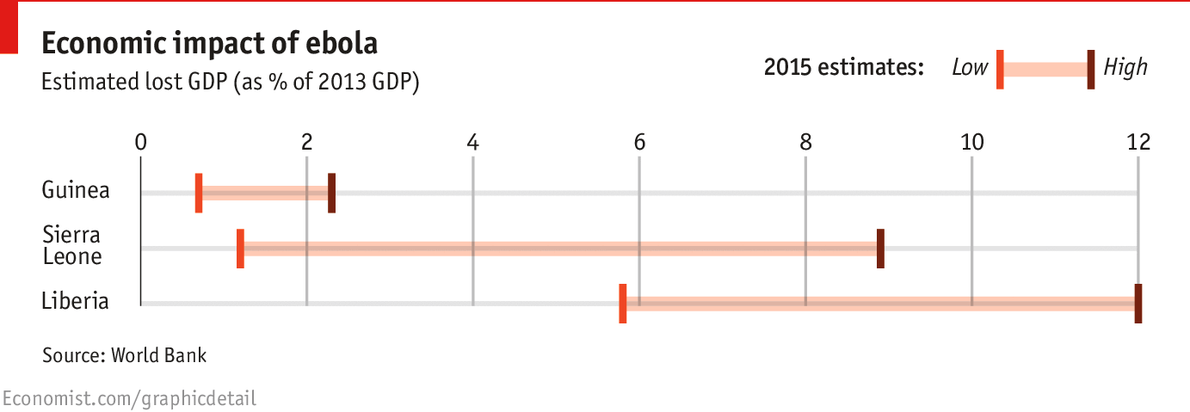Turned out that I did learn a lot through my six years--problems continue primarily because of politics that prevents us from doing the right thing.
I don't mean politics as in elections and voting, but politics as in how we as individuals and groups prefer to view the world and, therefore, how to respond to the human condition--whether it is at the street corner or in a far away country.
Consider cholera, for instance. Sure, once upon a time humans thought that this disease and fatality was some mysterious event. But, a cholera outbreak in London during the height of its Industrial Revolution and urbanization was also when we humans figured out what was going on. It is a story of geography and maps. (Wikipedia can help, if it interests you.)
My point is this: If there are people dying from cholera in the year 2017, it ain't because we don't know what causes cholera. We know all too well. We know how it spreads. We know how it kills.
So, why do people die from cholera? Politics.
The worst of that politics is being played out in Yemen:
The Yemeni farm laborer was picking crops in a hot field when the call came. His children, all seven of them, had fallen gravely ill.
Some were vomiting, others had diarrhea, and all were listless, indicating that they had fallen victim to the latest disaster to afflict this impoverished corner of the Arabian Peninsula: one of the worst outbreaks of cholera infection in recent times.
No amount of graduate schooling by any number of eager-beaver students can help, when we are hell bent on making the human condition miserable.
For much of the world, cholera, a bacterial infection spread by water contaminated with feces, has been relegated to the history books. In the 19th century, it claimed tens of millions of lives across the world, mainly through dehydration and electrolyte imbalance.
That ended with modern sanitation and water systems. When it pops up now, it is usually treated easily with rehydration solutions and, if severe, with antibiotics.
Yep, we thought had condemned killing by cholera to history. And then we watch it happen in real time:
Since a severe outbreak began in late April, according to Unicef, cholera has spread to 21 of the country’s 22 provinces, infecting at least 269,608 people and killing at least 1,614. That is more than the total number of cholera deaths reported to the World Health Organization worldwide in 2015.
How fucked up are we humans!
In October, the government stopped paying civil servants, prompting strikes from sanitation workers and leading to garbage pileups and septic backups. That contaminated the wells that many Yemenis rely on for water, providing the ideal environment for cholera to spread. The outbreak picked up speed in April, after dirty rainwater further polluted the wells.
Not everyone who is exposed to cholera will contract the disease. But in places like Yemen, where more than 14 million of Yemen’s 27 million people lack access to clean water and 17 million do not have enough food, people are far more vulnerable — particularly malnourished children.
“The average person lives on tea and bread. It’s just one meal a day,” said Jamie McGoldrick, the United Nations humanitarian coordinator for Yemen. “They are in a weakened state, and that is why they are getting sick.”
Making matters worse, the war has damaged 65 percent of Yemen’s medical facilities, denying more than 14 million people access to health care.
You have to wonder why we can't seem to get along, right?
Meanwhile, acute resource constraints in a remarkably rich world:
Meanwhile, acute resource constraints in a remarkably rich world:
The United Nations says it needs $2.1 billion for its work in Yemen this year, but it has received only 29 percent of that amount despite repeated pleas for donations from aid groups.
In addition to shedding my naïveté, there is one huge difference between the graduate school me versus the me now--I am not a starving graduate student.
So, I did the only thing that I could--I donated, to my favorite group that does phenomenal work in such situations: MSF.


